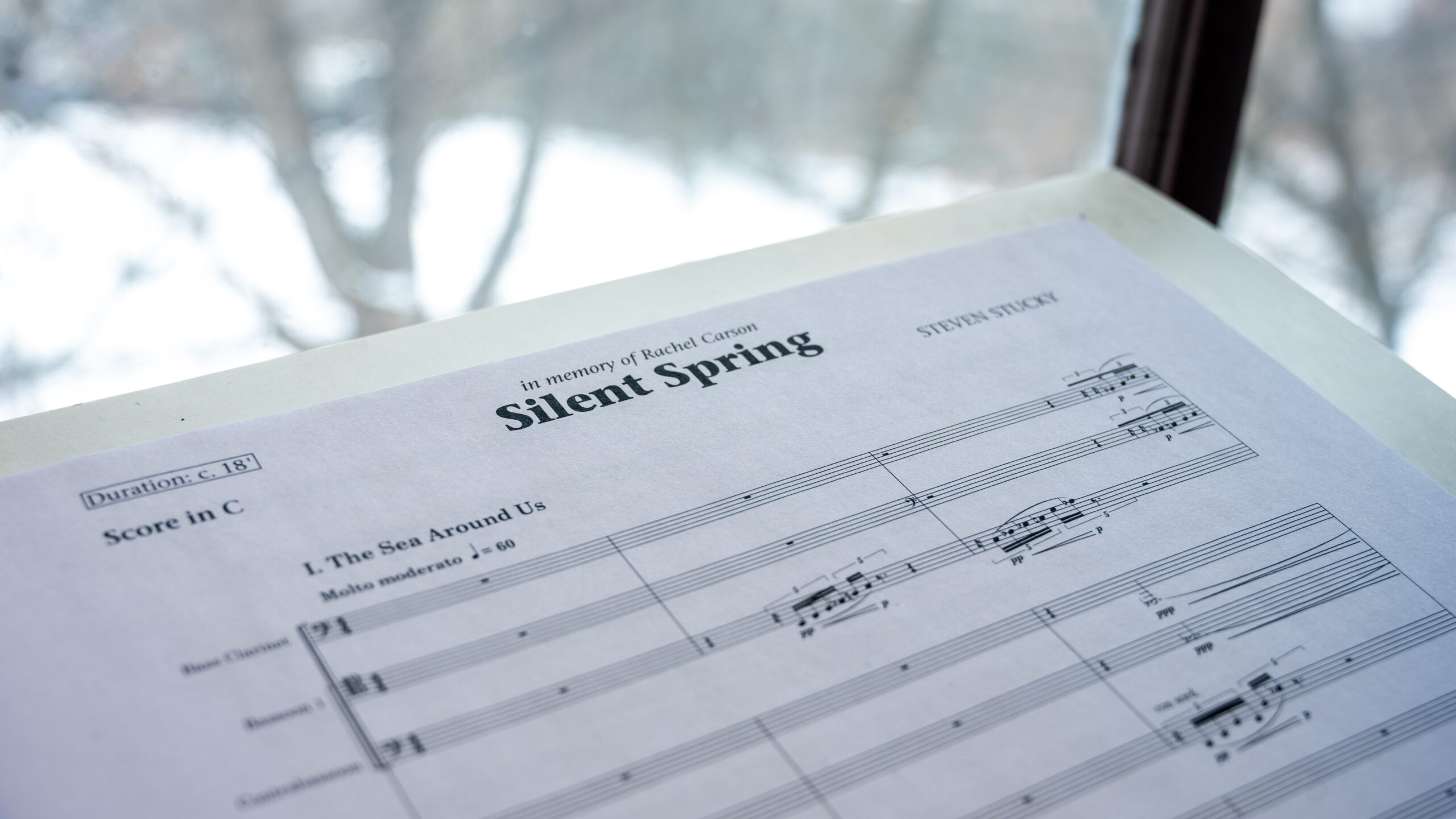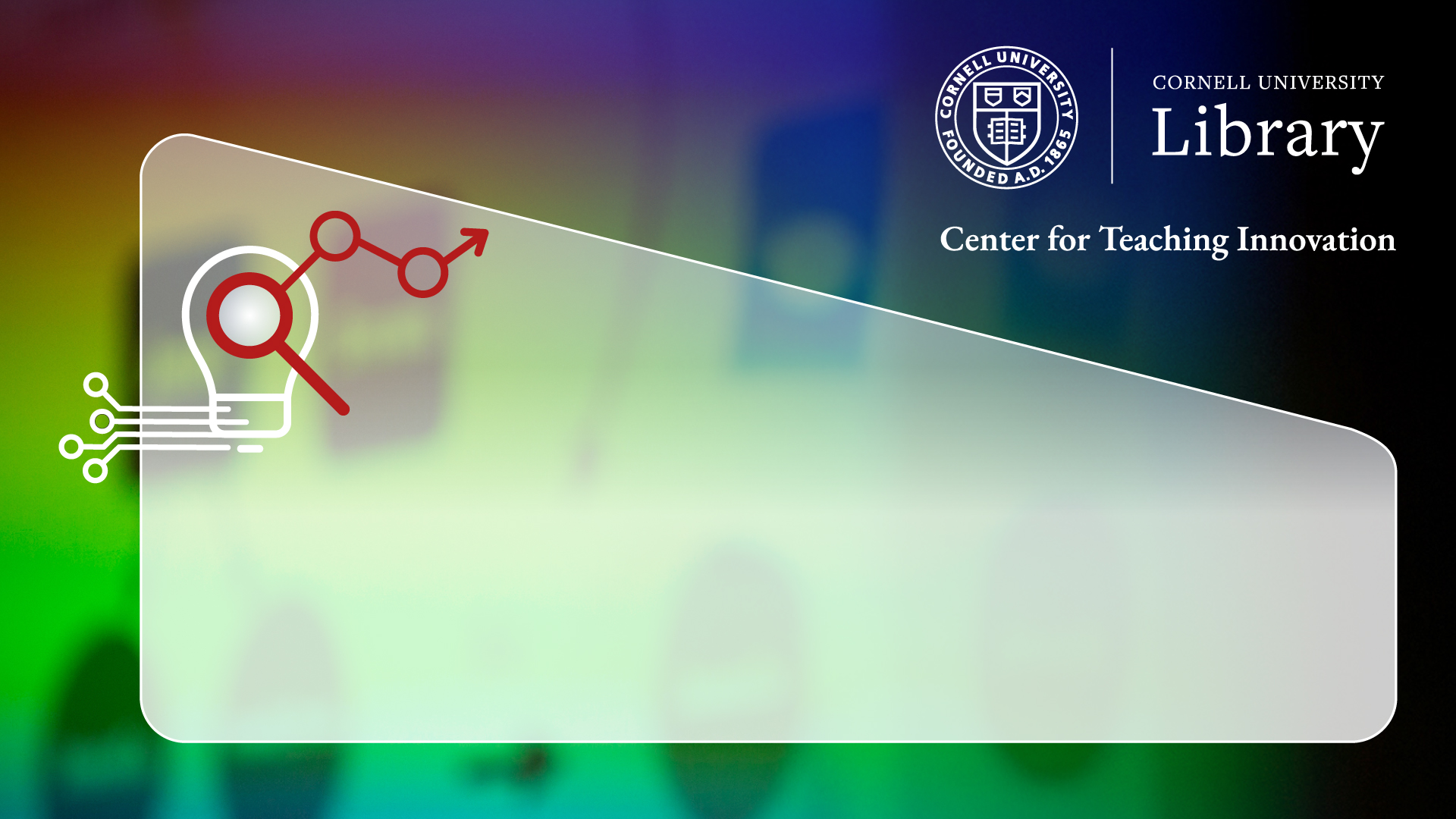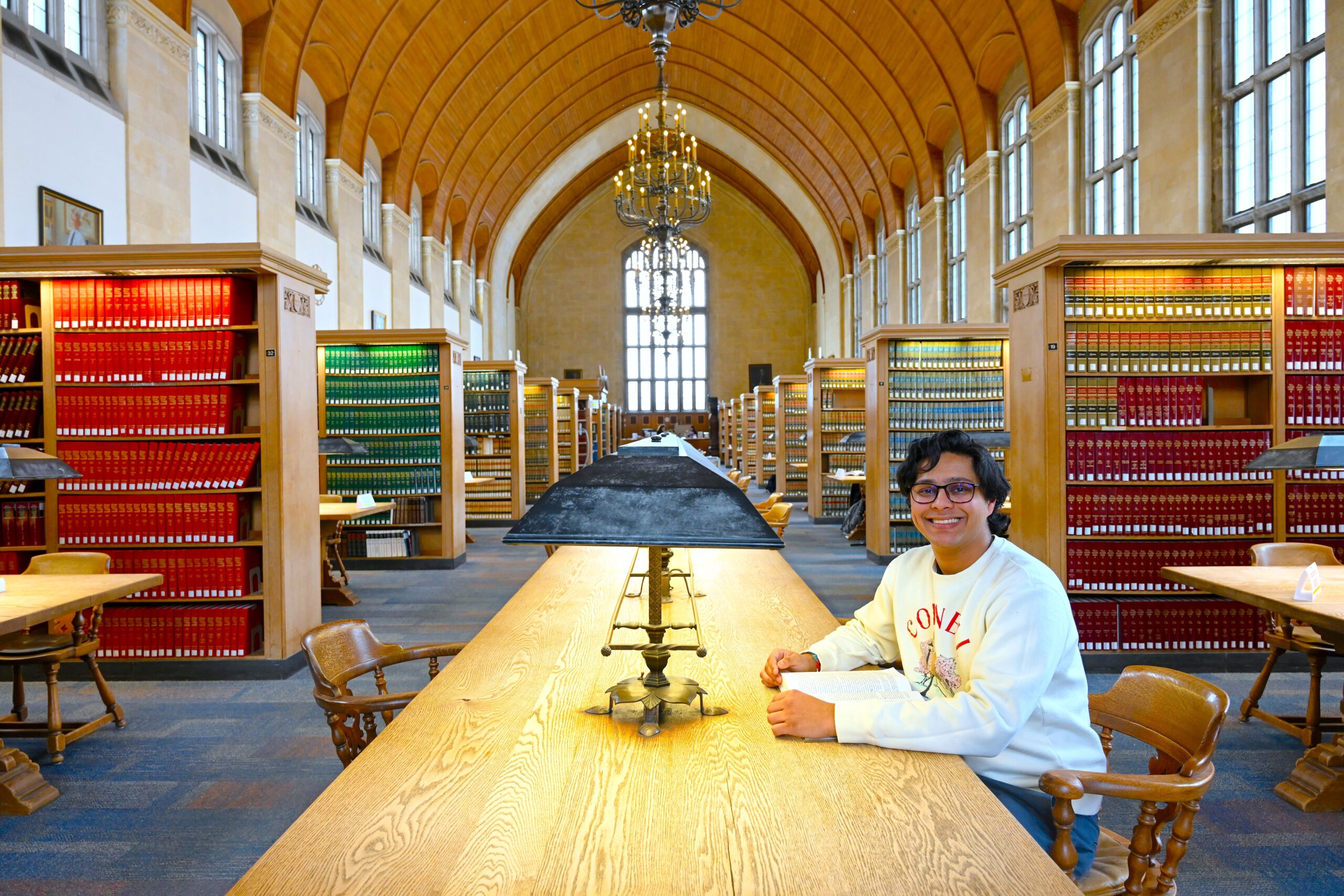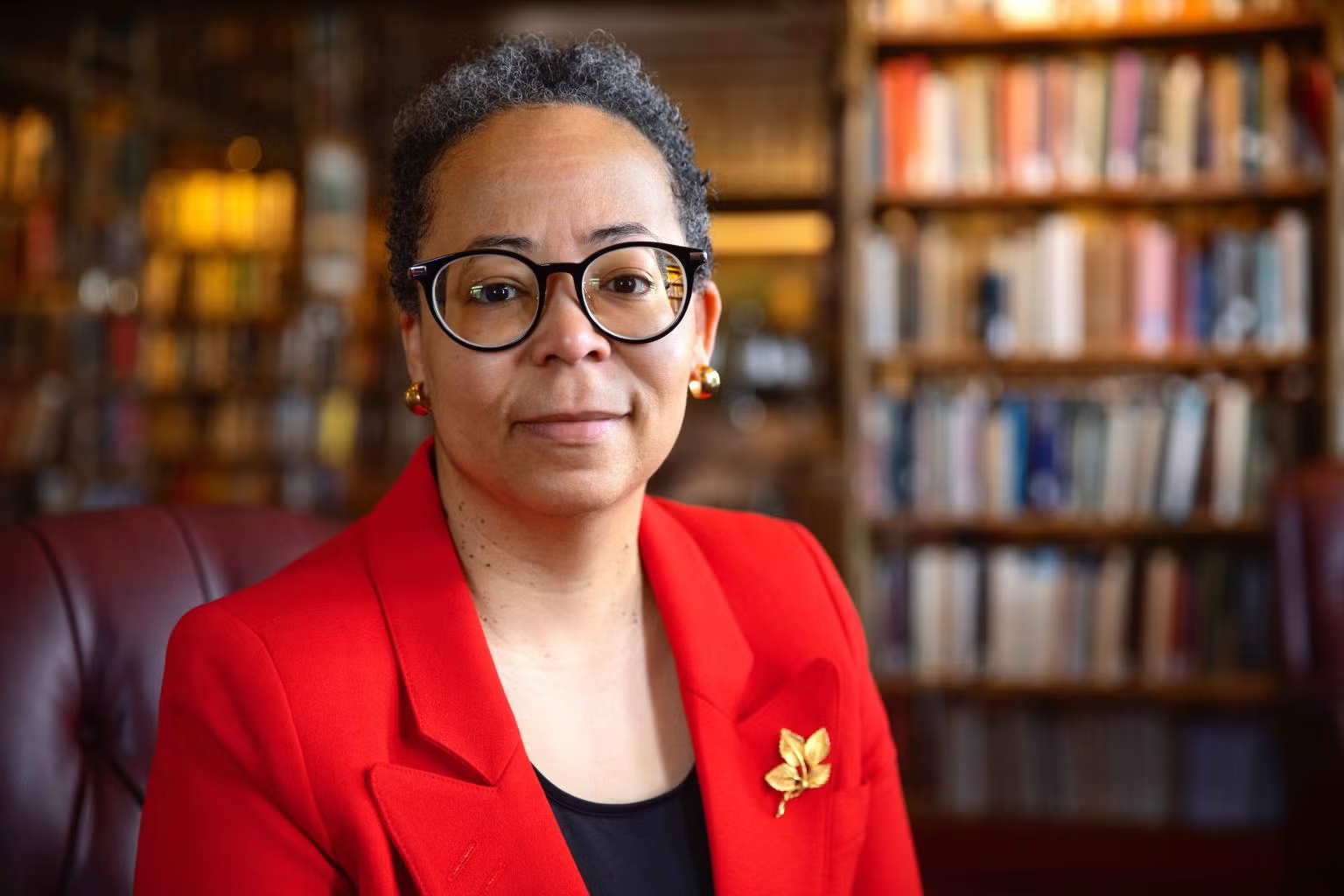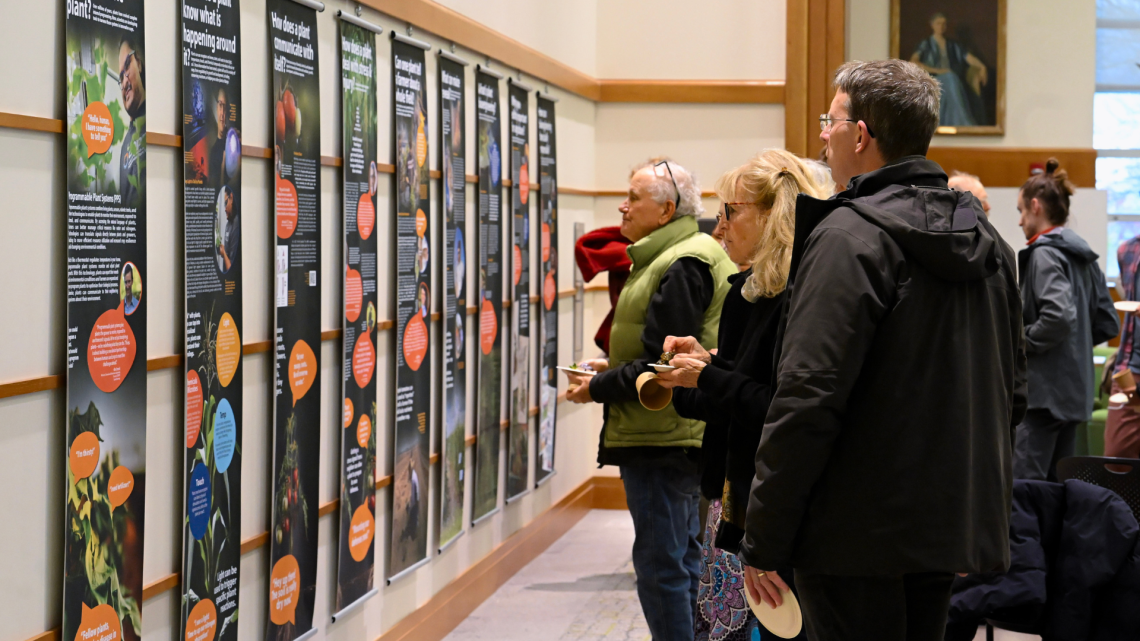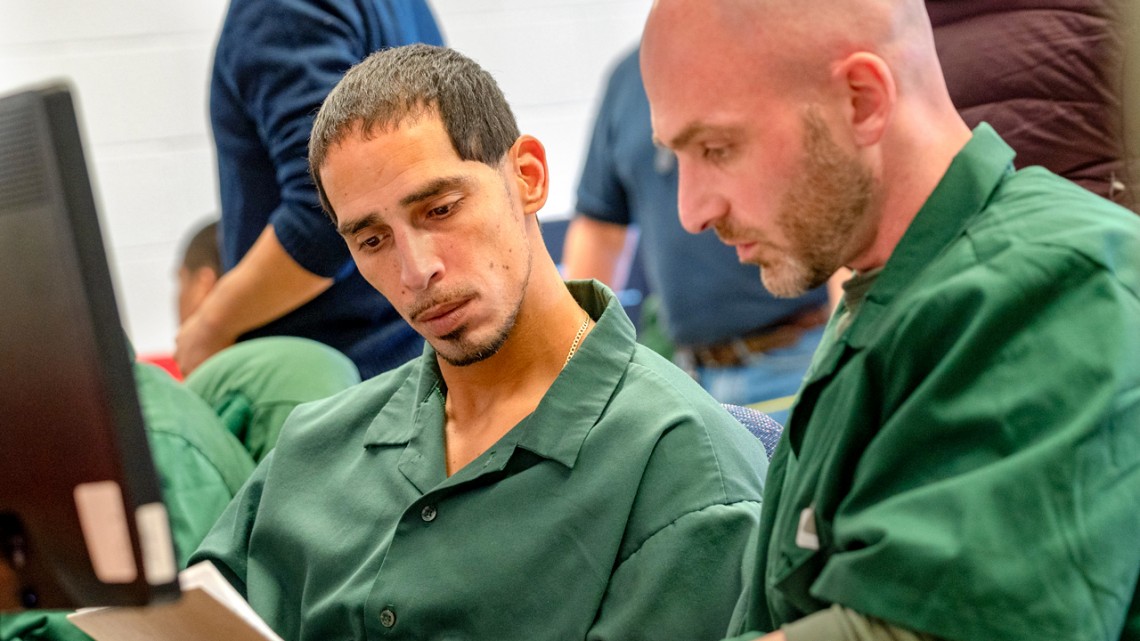
Cornell undergraduates are deepening their knowledge of Cornell University Library’s abundant scholarly resources by helping those with no access to them: incarcerated students at Cayuga Correctional Facility.
The new Prison Partners Library Research course (WRIT 1100) aims to transform Cornell students into research experts as they provide guidance and research support for individuals completing their certificate in liberal arts through the Cornell Prison Education Program (CPEP).
“Research is often collaborative, and it requires a scholarly conversation,” said class instructor Heather Furnas, an American studies librarian and instructional lead in Cornell University Library’s Department of Research and Learning Services .
Through an Engaged Faculty Fellowship from the Office of Engagement Initiatives, Furnas designed the pilot course, which runs Oct. 23 to Dec. 10. The deadline for students to register is Oct. 30.
The course is a first for CPEP as well: Instead of the instructor pre-selecting and compiling scholarly sources, the incarcerated students themselves will formulate research topics and search for source materials using JSTOR index, an offline version of the scholarly database recently installed, with help from library staff, in the prison’s computer lab. Cornell student partners will help in gathering full-text versions of articles and also assist in refining research topics.
“Research is a self-directed process of pursuing leads that take you in new directions as you go along,” Furnas said. “Now, the CPEP students can have that experience of changing directions and getting new materials, even though they don’t have immediate access to an academic library.”
Tess Wheelwright, CPEP’s academic director, described the course as a “welcome and wonderful partnership” that will allow incarcerated students to “follow their lines of inquiry” in a more spontaneous and organic way.
The collaboration, Wheelwright said, will be transformative for both sides: Cornell students will gain profound insights about issues like information privilege, and CPEP students will have access like never before to scholarly resources they need to advance their academic projects.
“It’s because of Heather’s ingenuity and the commitment of Cornell students,” Wheelwright said, “that we are able to mitigate the lack of information incarcerated learners face.”
This story also appeared in the Cornell Chronicle.
